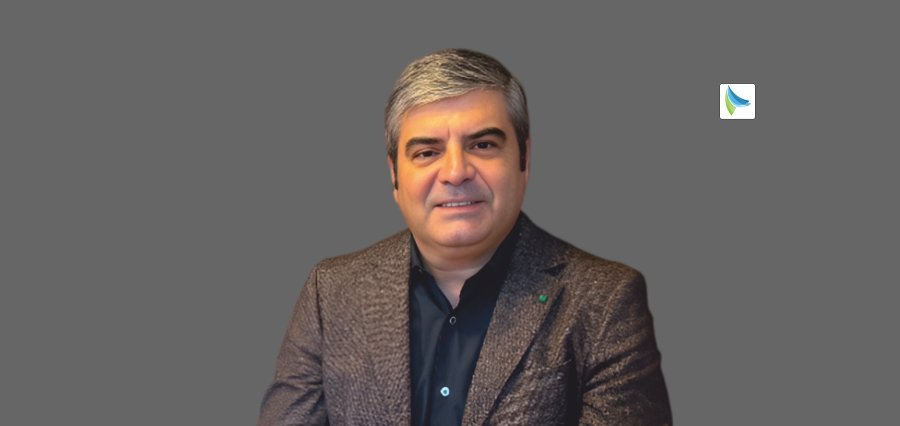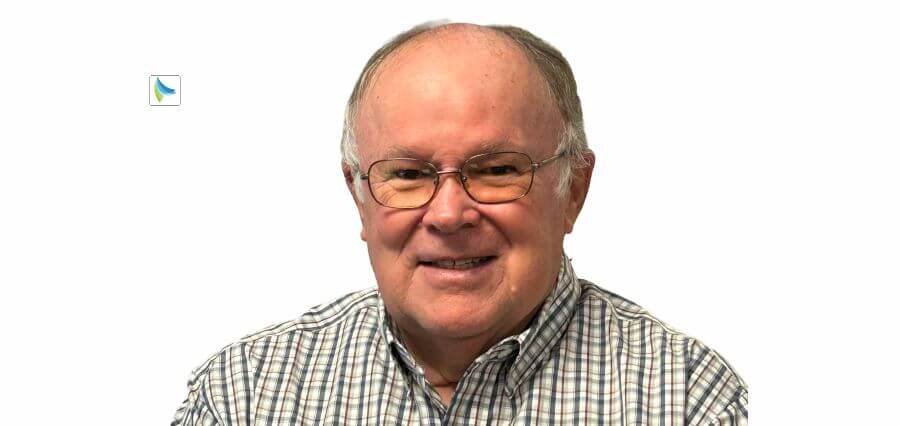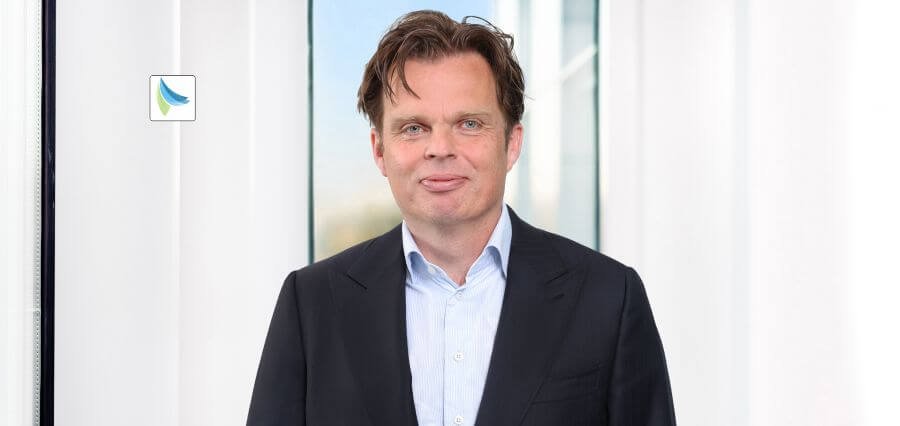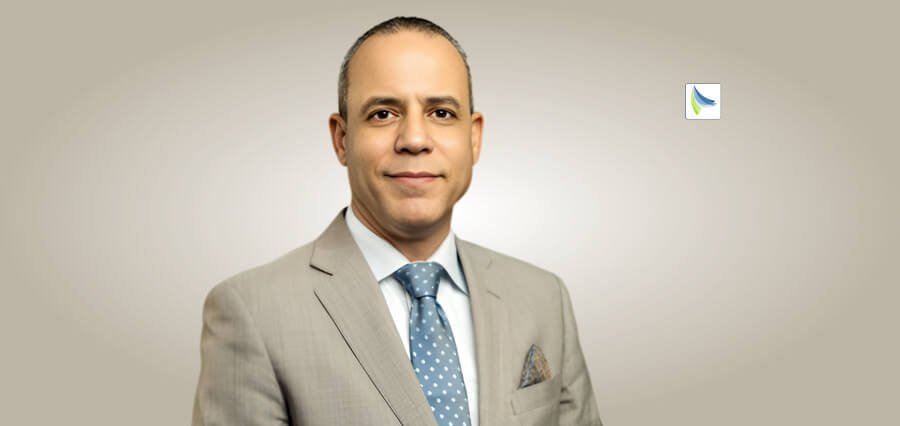The MIT Institute recently announced the creation of a prestigious new faculty position: the Distinguished Professorship in Data, Systems, and Society. This professorship has been made possible by the remarkable generosity and vision of Dr. Richard “Dick” Larson, a longtime MIT professor whose academic legacy stretches over five decades. Known as a “MIT lifer,” Richard has spent the entirety of his influential career contributing to and shaping various academic departments within the institute. This new endowment stands as a living tribute to his dedication to interdisciplinary education and research — a hallmark of both his life and professional ethos.
Dr. Richard’s gift represents more than a financial contribution; it is an intentional act of stewardship, meant to perpetuate the principles and passions that defined his own career. Having found academic homes in five departments at MIT, Richard ultimately concluded his journey with the interdepartmental IDSS — an entity that he believes encapsulates the core of his work. By endowing a professorship that centers around data, systems, and society, he hopes to ensure that future scholars continue to pursue impactful research, teaching, and mentorship in these areas. For Richard, these three words symbolize the essential connective tissue of his later career — the tools he used to understand and improve the world.
The inaugural recipient of this professorship is Professor Alexander “Sasha” Rakhlin, a distinguished scholar in machine learning, computation, and statistics. The selection not only honors Rakhlin’s outstanding academic record and service to IDSS, but also reflects the spirit of interdisciplinary inquiry that Richard has championed throughout his life. As MIT leadership celebrates the establishment of this endowed chair, they also celebrate Richard’s profound and lasting influence — not just through his scholarship and mentorship, but through a legacy that will now endure in perpetuity.
A Career of Transformation
Reflecting on his journey, Dr. Richard Larson describes MIT as a fertile ground that allowed him to evolve, explore, and repeatedly redefine the direction of his academic life. Starting in the 1960s with the then-named Department of Electrical Engineering, Richard transitioned across a total of five academic departments, eventually landing within IDSS, an interdisciplinary initiative that he regards as the most authentic representation of his scholarly mission. He expresses gratitude for the freedom MIT provided, which allowed him to pursue new fields of interest without boundaries or restrictions — a rare academic privilege.
Richard’s professional arc exemplifies the power of reinvention within academia. From early work in electrical engineering to the expansive domain of systems and society, his intellectual curiosity led him into diverse fields including operations research, emergency services, pandemic modeling, urban logistics, and education innovation. His belief in blending theoretical models with real-world problems catalyzed projects such as disaster planning simulations and the development of smarter public services. In every new venture, he sought meaningful applications of abstract knowledge — a principle that underscores the interdisciplinary goals of IDSS itself.
The creation of the Distinguished Professorship in Data, Systems, and Society is, for Richard, the natural culmination of his life’s work. It is both a tribute to the dynamic spirit of MIT and a vehicle to ensure that others will continue exploring the intersection of these three vital domains. In his words, this chair is meant “to keep alive those three words,” empowering future faculty to teach, research, and mentor in ways that reflect the complexity of real-world challenges.
A Legacy Beyond Research Alone
Dr. Richard’s impact reaches far beyond the realm of academic publications and university accolades. Throughout his career, he has remained steadfast in his commitment to public service, applied research, and education at all levels. One of his notable achievements includes his leadership in the MIT BLOSSOMS initiative — Blended Learning Open Source Science or Math Studies — which produces high-quality STEM video lessons made freely available to students and teachers worldwide. This reflects Richard’s core belief: that science and math education should be engaging, accessible, and grounded in curiosity and critical thinking.
In addition to his educational outreach, Richard has been a tireless advocate for the application of operations research to solve pressing societal issues. Whether designing smarter energy systems, modeling emergency response services, or addressing workforce planning inefficiencies, his work has always emphasized practical, data-driven solutions. His recent book, Model Thinking for Everyday Life, brings this philosophy to the broader public, empowering readers with analytical tools to better navigate their personal and professional challenges.
With this endowed chair, Richard has chosen to invest not just in individuals, but in the collective future of MIT and its interdisciplinary vision. Professor Rakhlin’s appointment is emblematic of this forward-looking approach. With research that spans neural networks, online prediction, and the complexity of learning systems, Rakhlin embodies the kind of scholar that Richard hopes to inspire through this professorship: bold, collaborative, and rooted in both theory and application.
Mentorship, Models, and Meaning
Throughout his tenure at MIT, Dr. has mentored countless students, researchers, and colleagues — many of whom credit him with shaping their careers. His mentorship style mirrors his research philosophy: analytical yet empathetic, disciplined yet imaginative. Whether guiding a student through the complexities of queueing theory or encouraging a young professor to explore a new domain, Richard has consistently fostered an environment of intellectual openness and rigor.
The impact of such mentorship cannot be overstated. By championing the values of interdisciplinary collaboration and applied research, Richard has left a lasting imprint on MIT’s academic culture. His ability to bridge the gap between theory and practice has not only expanded the scope of operations research but has also influenced how institutions approach multifaceted global challenges — from climate change to health care delivery.
In this context, the creation of a permanent, named professorship is both symbolic and practical. It serves as a beacon for the kind of academic work Richard values most: work that is grounded in solid data, structured through systems thinking, and aimed squarely at societal betterment. As Rakhlin takes on this new role, he does so with a mandate to continue — and expand — this tradition of meaningful, mission-driven scholarship.
Interdisciplinary Research at Its Best
IDSS was designed to bring together experts from various domains — engineering, social sciences, statistics, and more — to tackle complex, interrelated problems. This was the kind of environment in which Dr. Richard thrived, and it is one he hopes will flourish even more with the support of this professorship. The selection of Professor Rakhlin underscores this aspiration, as his research crosses boundaries that separate computation from cognition, and prediction from policy.
Rakhlin’s emphasis on online learning models, for instance, reflects the type of forward-looking research that is critical in a rapidly changing world. With data arriving in continuous streams and decision-making needing to keep pace, his work helps develop the theoretical foundations for systems that adapt in real-time. This aligns perfectly with IDSS’s mission — and with Richard’s belief in research that anticipates future needs while addressing present challenges.
Moreover, Rakhlin’s ability to connect departments, ideas, and individuals reflects the collaborative ethos Richard has long championed. As MIT continues to position itself at the forefront of interdisciplinary inquiry, this professorship ensures that its most creative, impactful voices are not just supported — they are amplified.
Looking Ahead: A Living Legacy
As MIT leadership, colleagues, and students celebrate this milestone, they do so with a deep appreciation for what Dr. Richard’s gift represents. It is an investment not only in one individual or one department but in a way of thinking — a way of approaching the world with curiosity, discipline, and a desire to serve. The Distinguished Professorship in Data, Systems, and Society is more than a title. It is a mission.
Looking ahead, the endowed chair will provide resources, recognition, and support for faculty who exemplify the values that have guided Richard’s career. It will attract scholars committed to using data to solve real-world problems, designing systems that are both efficient and humane, and understanding the social implications of technological change. In this sense, the professorship becomes an engine for progress — powered by the same ideals that have fueled Richard’s decades of service.
Dr. Richard Larson may no longer be adding departments to his academic resume, but his influence will continue to shape the trajectory of MIT and IDSS for generations to come. In honoring his contributions through this endowed chair, the institute not only celebrates a life of achievement but also sets a course for future innovation, mentorship, and impact.
Read Also: Uncharted Paths: Richard Larson’s Relentless Pursuit














